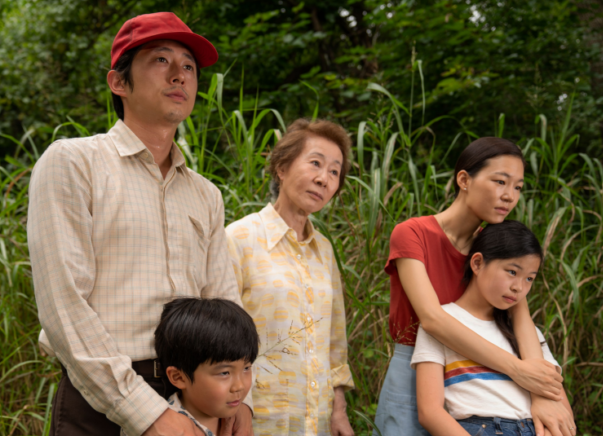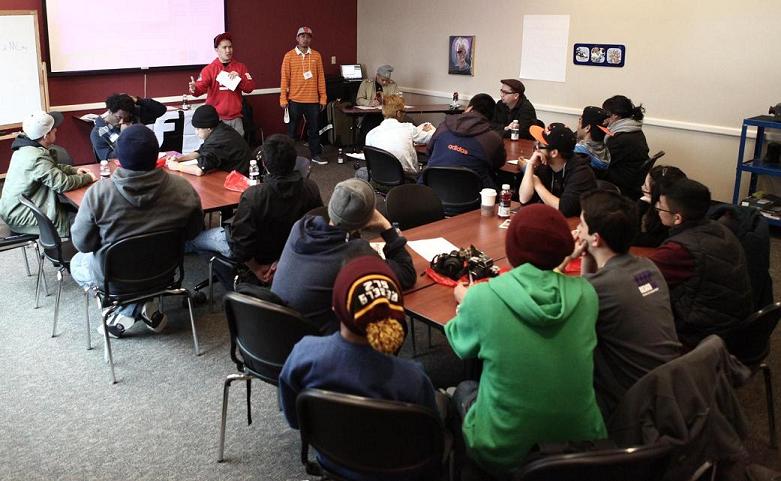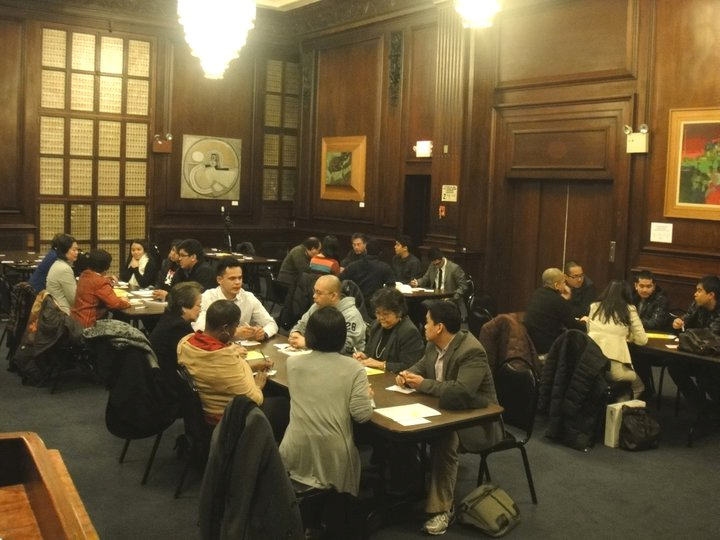Family bond is the heart and soul of ‘Minari’

By Wendell Gaa
Amidst the disturbing rise of hate crimes against Asian Americans, it is inspiring to know that Hollywood has given due recognition to films conveying the unique perspective of the Asian American experience and the invaluable role and wonderful contributions our communities have made to the kaleidoscopic ethnic patchwork of the world’s most powerful nation.
One such moving film which I recently got to stream online is this year’s Oscar-nominee for Best Picture “Minari,” which reveals the tale of a Korean immigrant family attempting to settle down and begin a new life in rural Arkansas where they plan to establish a farm growing Korean agricultural products to sell to prospective buyers in Dallas, Texas.
The Yi family, led by father Jacob, moves from its more familiar and cosmopolitan surroundings of California to the seemingly remote and “backward” countryside of Arkansas, which soon becomes an extreme culture shock and burden on the family, especially to wife Monica and their young children, daughter Anne and son David. Even their new “farming home” is not what they expect it to be. Jacob insists that despite the initial hardships, they will eventually establish their family farming business in Arkansas which will thrive and prosper.
Despite the heated conflicts between Jacob and Monica over their joint decision in adapting to their new countryside life, they decide to give it a try and gain employment at a local hatchery to earn income, where they are tasked to divide chicks according to their gender. In need of a nanny to watch over the kids while they are away at work during daytime hours, they soon arrange for Monica’s mother Soon-ja to travel from South Korea to live with them in Arkansas, as she also has no other family living with her. This causes friction with David as he feels Soon-ja does not fit the profile of how an “ideal” grandmother should be like. Soon-ja though in her persistent ways and grandmotherly affection refuses to give up reaching out to David.
The developing bond between Soon-ja and David, for me, formed the heart and soul of this film, apart from the relentless and laborious efforts which Jacob puts forth in pursuing the American Dream and providing a promising future for his family. “Minari” is such a well-crafted family drama without being condescending or preachy on its depiction of an Asian American family coming to terms with their dreams of a wealthy and independent life in rural America.
Although the story is set in the 1980s, the complications and trials which Jacob and his family must endure, physically, emotionally and culturally, is not too different from what many Korean, Filipino and other Asian immigrant families deal with today in attempting to assimilate into American society, while at the same time struggling to maintain strong ties with their own respective native cultures through food, customs and language.
Interestingly, overt racial discrimination is not addressed here, but there are moments of subtle cultural awkwardness implied, including a scene where the Yi family find themselves to be the only people of “color” within an all-white church congregation. The stares, as well as difficulties for Monica to communicate in straight English are hints of the family’s struggle to fit in.
Top performance honors definitely go to Korean American actor Steven Yeun as Jacob. I’ve admired Yeun’s work on the hit horror-drama series “The Walking Dead,” and I’m glad to see how he’s really branched off well into film drama. As the first Asian American nominee for Best Actor at the Oscars — whether or not he wins — I feel that his career as a bona fide screen actor is set, and I do hope his example will set a precedent for even more Asian American actors to step up the plate in attaining international stardom. Veteran Korean actress Youn Yuh-jung likewise does a very heartwarming and humorous performance as grandmother Soon-ja, and she is likewise also deserving of her nomination for Best Supporting Actress.
We will have to wait for the Oscar telecast scheduled on April 25 to see how much accolades “Minari” bags. It has already done much to positively showcase the Asian American experience, something which is so badly needed especially in these difficult times.


Website: https://aloe23dragon.flp.com/
https://foreverliving.com/usa/en-us/home
Email: Nqburdick1@gmail.com
© The FilAm 2021










